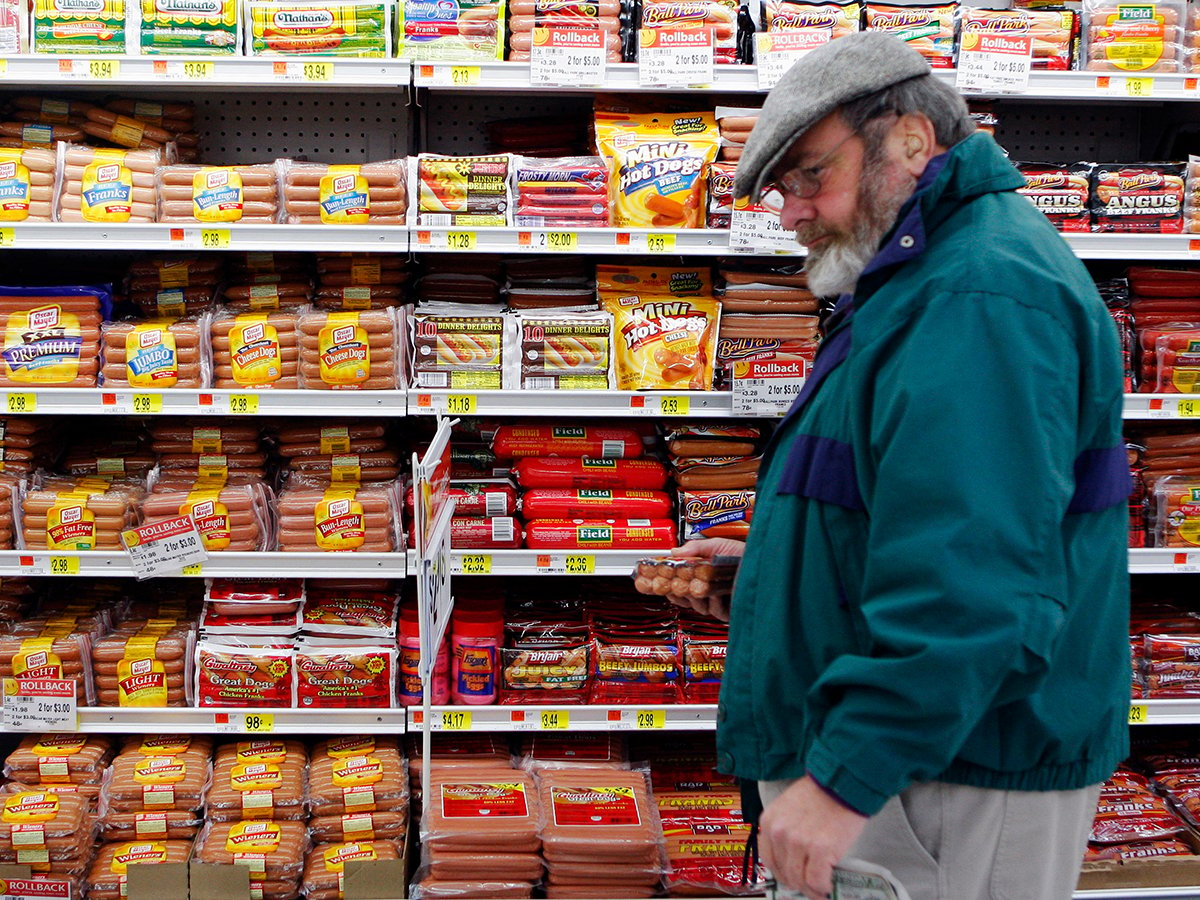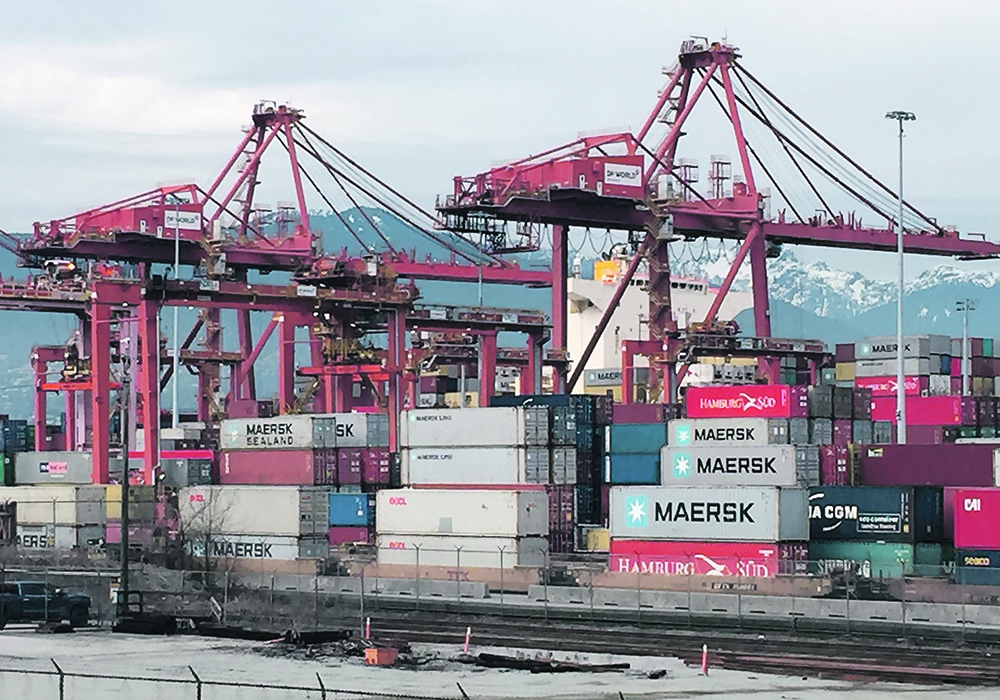Milton Friedman, the patron saint of free markets and a founder of the Nobel-adorned Chicago school of economics, took a very dim view of all tariffs — ours, theirs, anyone’s.
Writing in Capitalism and Freedom, his 1962 best seller, Friedman explained that if “unilateral free trade” is the goal, “reciprocal negotiations of tariff reductions … seems wrong.” First, it’s too slow. “He moves fastest who moves alone,” he admonished.
“In the second place,” he continued, “it makes it appear as if tariffs help the country imposing them but hurt the other countries. In truth, the situation is quite different. Our tariffs hurt us as well as other countries.”
Read Also

Food exporters urged to ease reliance on U.S.
Farm Credit Canada says there is a $12 billion opportunity in diversifying food and beverage exports to markets other than the United States.
That’s Friedman’s entire tariff seminar. And don’t worry about other nations’ tariffs, Friedman adds.
“We would be benefited by dispensing with our tariffs even if other countries did not.”
That’s not a political statement, it’s a key tenet of free trade from one of the most influential Nobel laureates in history. Many deeply conservative politicians worldwide, among them Barry Goldwater, Ronald Reagan and Margaret Thatcher, adopted Friedman’s advocacy of the free market as their own.
What has changed in world markets since that Kennedy era pronouncement to now encourage former president Donald Trump to make import tariffs the centerpiece of his campaign’s economic policy?
Absolutely nothing. Tariffs — ours, theirs and anyone’s — remain terrible economics. They still “hurt us as well as other countries.”
Confirmation of this straightforward reality comes courtesy of the last Trump tariff fight in 2018 and 2019 on, chiefly, U.S. imports of Chinese steel and aluminum and U.S. exports of ag commodities.
Neither tariff delivered what was promised: more American jobs, better economic growth and increased U.S. sales.
In fact, reported the New York Times on Aug. 27, 2019, “lucrative contracts that farmers long relied on … have evaporated, with Chinese buyers looking to other nations like Brazil and Canada to get the commodities they need.”
The story then quotes an American Farm Bureau estimate that “total American agricultural exports to China were $24 billion in 2014 and fell to $9.1 billion last year,” the first year of Trump tariffs on U.S. commodity exports to China.
The Times wasn’t the only one to notice Trump’s southbound tariff policy. In January 2020, Forbes reported that the “Trump administration gave more taxpayer dollars to farmers harmed by (its) trade policies than the federal government spends each year building ships for the Navy or maintaining America’s nuclear arsenal.”
Despite the evidence, the Trump campaign insists its push for import tariffs — from 10 per cent on all U.S. imports to 60 per cent or more on U.S. imports from China — will ensure the American economy grows faster than competitors.
Nonsense, says the Peterson Institute for International Economics, a nonpartisan economic research firm in Washington, D.C.
“Unlike (today’s) Biden tariffs, the Trump plan is for increased tariffs on all products from all countries” the institute posted in January.
That’s not just America first, the analysis said, parroting the Trump campaign’s economic theme. “It is America alone.” Tariffs “are in fact added taxes on us, and having them will have real costs.”
American farmers are familiar with those real costs. Within weeks of imposing 25 per cent import tariffs on Chinese products in 2018, “Beijing accused the United States of ‘launching the largest trade war in economic history,’ ” reported the Los Angeles Times in July 2018.
Then it “fired back with dollar-for-dollar tariffs, mainly on American farm products and other food.” It also quickly pivoted to buying more from Brazil and Argentina.
That is the exact outcome Friedman predicted in 1962: “Our tariffs hurt us as well as other countries.”
Alan Guebert is an agricultural commentator from Illinois.















